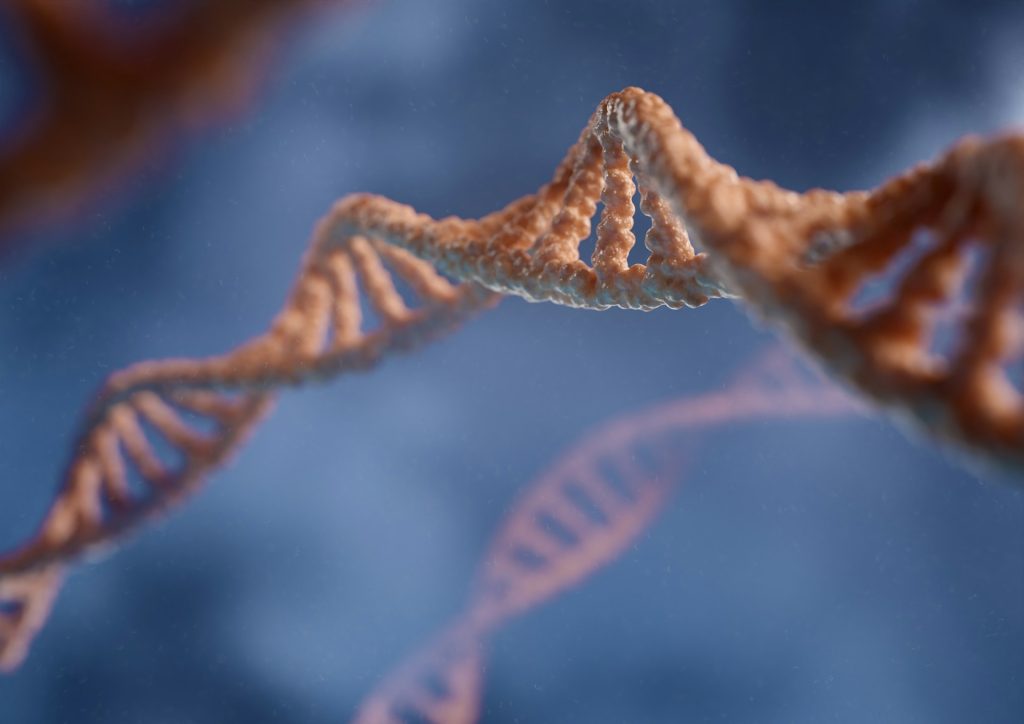Throughout history, humans have recognized the influence of inheritance on behavior, even before understanding the underlying mechanisms. From domesticating animals to controlling mating, early humans intuitively grasped the concept that genetic makeup plays a significant role in shaping behavior. Today, our understanding has evolved to acknowledge the complex interplay between genes and the environment in determining behavior. This interplay is fundamental to the study of behavior, encompassing both innate instincts and learned responses.

Instinct and Behavior
Instinctive behavior, hard-wired and genetically determined, has long fascinated scientists. Examples abound in the animal kingdom, from a cockroach fleeing to darkness when exposed to light to a dog circling before settling to sleep. These behaviors, devoid of conscious thought or learning, underscore the powerful influence of genetic information. In environments where conditions remain relatively stable across generations, instinctive behaviors offer adaptive advantages, ensuring survival and reproductive success.
Imprinting and Development
Imprinting, the ability to learn crucial information during a critical period of development, illustrates the intricate interaction between genes and the environment. Konrad Lorenz’s experiments with goslings highlighted how genetic predispositions guide early learning, yet environmental cues play a critical role in shaping behavior. Imprinting allows animals to acquire vital knowledge about their environment while retaining innate behavioral patterns, enhancing their adaptability to changing conditions.

Learning About Specific Environments
Animals exhibit remarkable abilities to learn and adapt to specific environmental challenges. From caching food to navigating complex landscapes, learning is often context-specific and tailored to survival needs. While innate predispositions provide a framework for learning, environmental stimuli refine and shape behavioral responses. For example, animals that cache food must rely on both genetic predispositions and learned environmental cues to retrieve their caches successfully.
Genes and Environment in Human Behavior
In humans, the debate over the relative influence of genes and environment on behavior continues to spark controversy. While genetic predispositions may contribute to certain behavioral traits, sociocultural influences and individual experiences also play significant roles. The belief in self-determination and free will underscores the complexity of human behavior, challenging simplistic notions of genetic determinism.

The study of behavior reveals the intricate interplay between genes and the environment in shaping behavioral outcomes. Innate instincts provide a foundation for adaptive responses, while learning allows animals to adapt to changing environmental demands. In humans, the interaction between genes and environment is equally complex, with both genetic predispositions and environmental influences shaping behavior. As our understanding of behavior continues to evolve, acknowledging the dynamic interplay between genes and environment remains essential to unraveling the mysteries of behavior.





